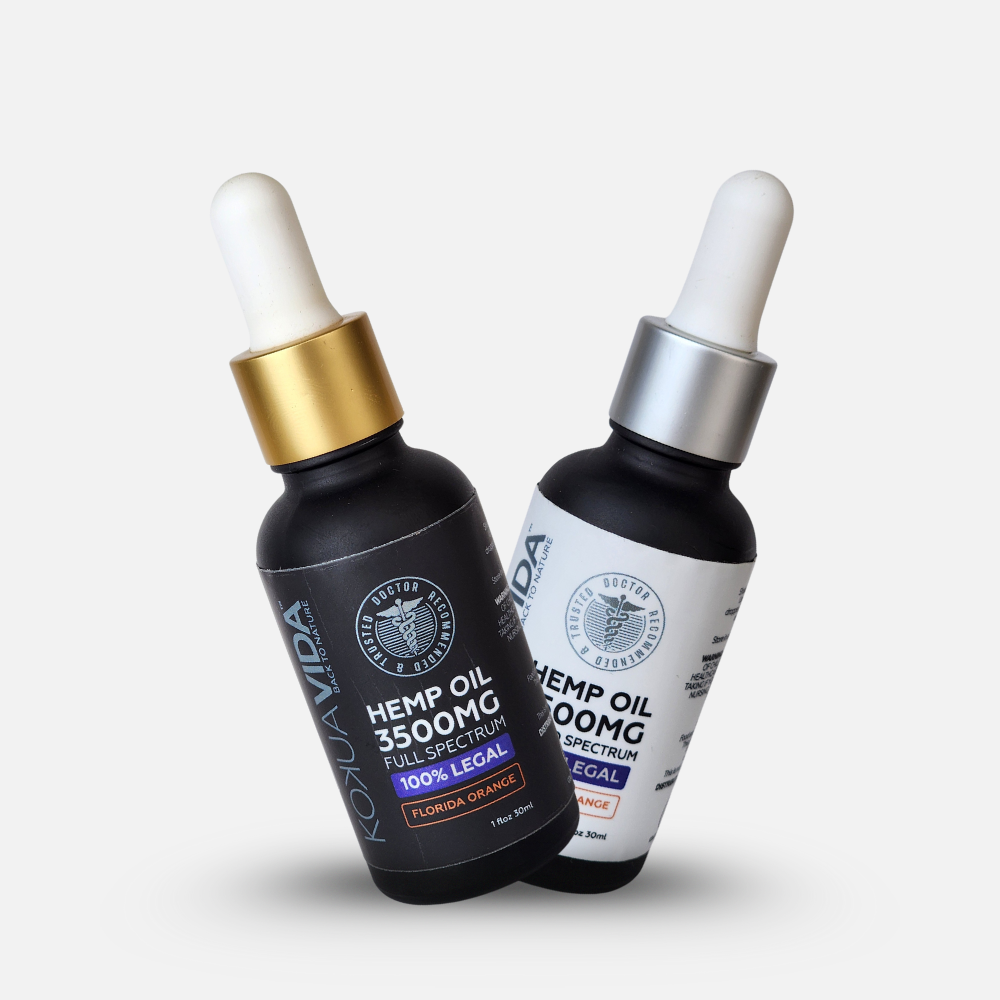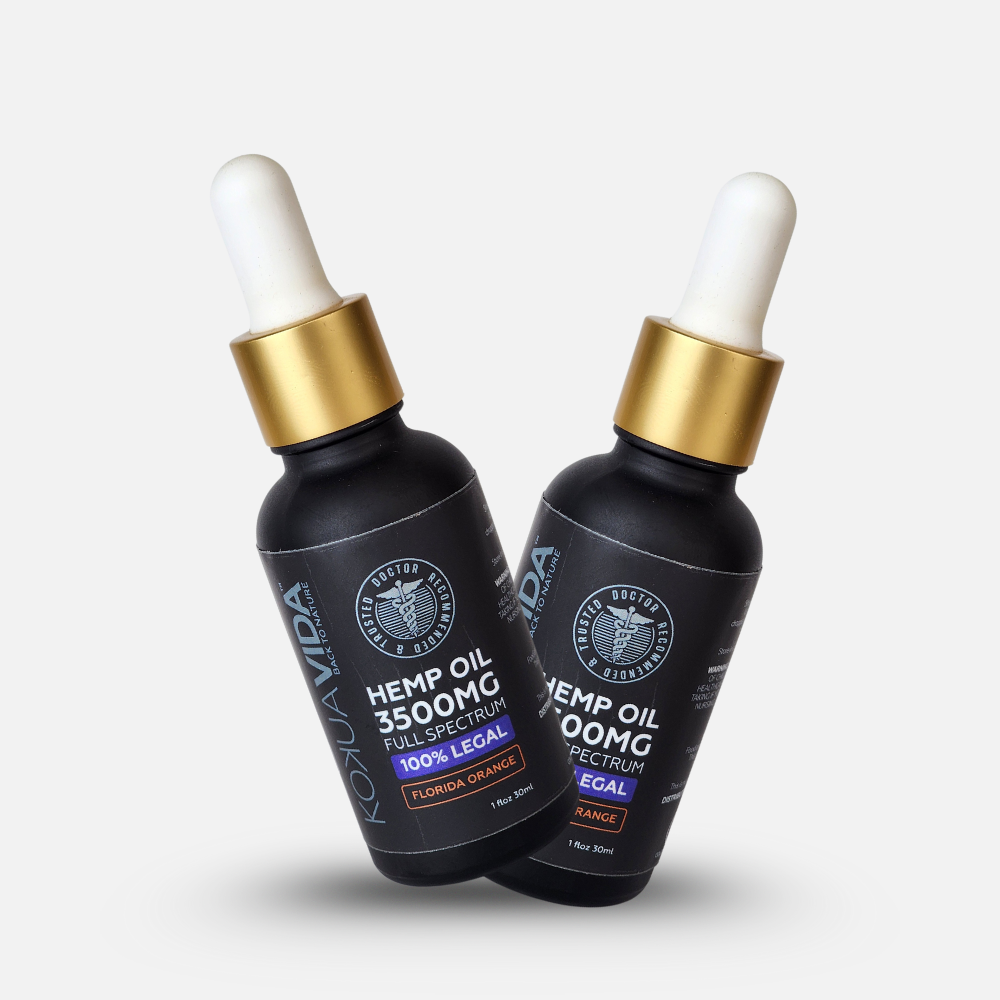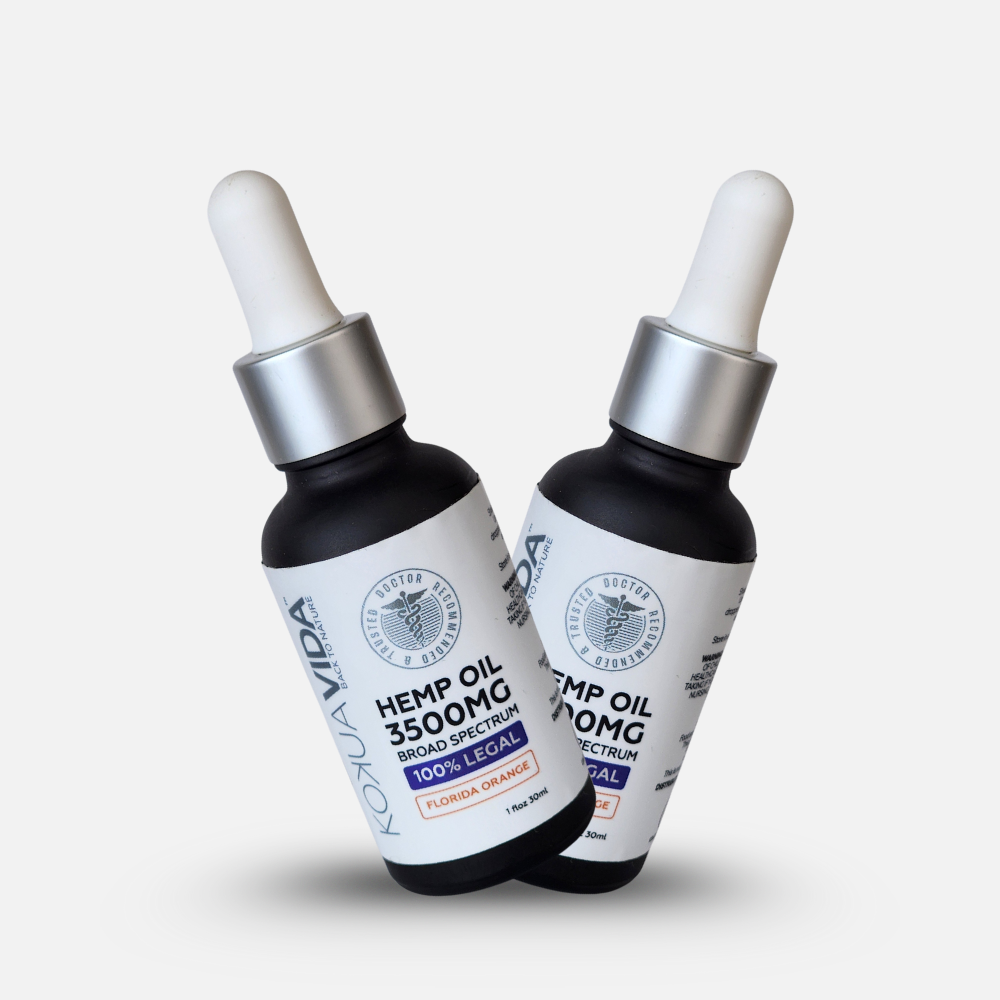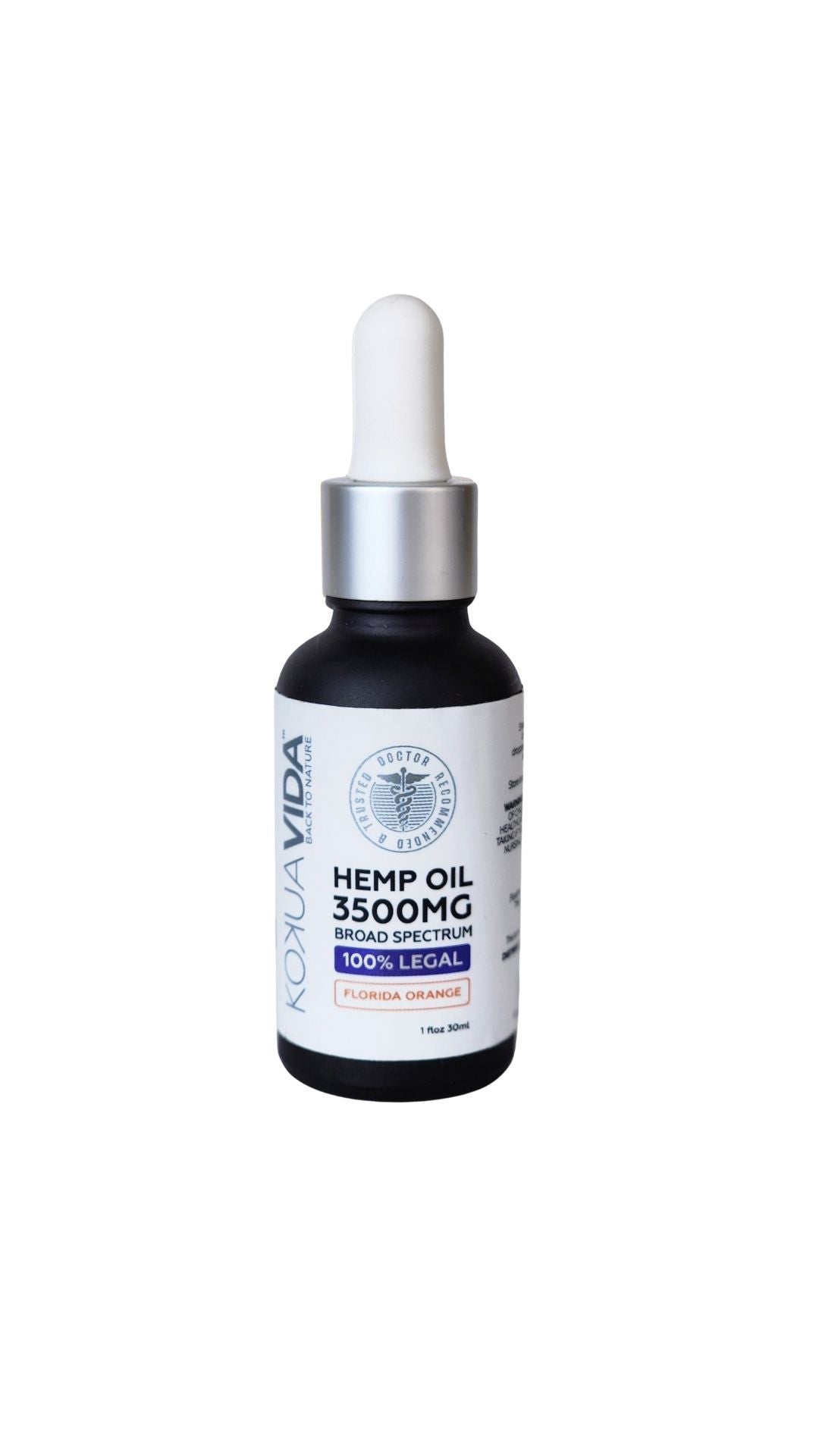
Exercise and Mental Health: How Physical Activity Boosts Your Mood
Physical activity is not just about staying fit; it’s also a powerful tool for enhancing mental well-being. Whether you’re managing stress, battling depression, or simply looking to improve your overall outlook on life, exercise can be a game-changer. Let’s explore how physical activity impacts mental health and boosts your mood.
The Connection Between Exercise and Mental Health
Engaging in regular physical activity triggers a cascade of positive effects in the brain:
-
Endorphin Release: Exercise stimulates the production of endorphins, often referred to as “feel-good” hormones. These natural chemicals reduce pain perception and create feelings of happiness and euphoria.
-
Stress Reduction: Physical activity lowers cortisol levels, the body’s primary stress hormone, helping you feel more relaxed and less overwhelmed.
-
Improved Brain Function: Exercise increases blood flow to the brain, enhancing cognitive function, memory, and concentration.
Benefits of Exercise for Mental Health
-
Reduces Symptoms of Depression and Anxiety:
-
Exercise has been shown to be as effective as antidepressants in reducing symptoms of mild to moderate depression.
-
Regular workouts can ease anxiety by calming the nervous system and reducing excessive worry.
-
-
Boosts Self-Esteem:
-
Achieving fitness goals or even just committing to regular activity can build self-confidence and improve your self-image.
-
-
Enhances Sleep Quality:
-
Physical activity helps regulate your sleep-wake cycle, leading to deeper, more restorative sleep.
-
-
Promotes Social Interaction:
-
Joining a group fitness class or engaging in team sports fosters connections and combats feelings of loneliness.
-
-
Increases Energy Levels:
-
While it may seem counterintuitive, exercise actually combats fatigue and boosts your energy levels throughout the day.
-
Pro Tip: Start Small and Stay Consistent
You don’t need to run a marathon to reap the mental health benefits of exercise. Start with manageable activities like a 10-minute walk, stretching, or yoga. Consistency is more important than intensity when it comes to mental health.












